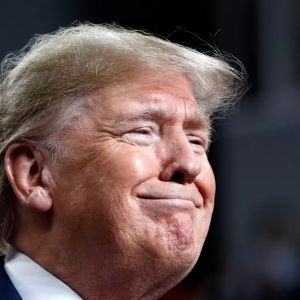The post Crypto Tax in India Hits 70%? Will Global Changes Force a Policy Shift? appeared first on Coinpedia Fintech News India has had a rocky relationship with cryptocurrency. Since 2013, the country’s central bank, the Reserve Bank of India (RBI), has warned people about the risks of digital assets. In 2018, things got worse when the RBI banned banks from working with crypto businesses, making it almost impossible for exchanges to operate. But in 2020, India’s Supreme Court removed the ban, giving crypto a second chance. Even after that, the government remained strict. It introduced a heavy 30% tax on crypto profits, making trading very expensive. Recently, a new 70% tax was announced on undisclosed crypto gains. In short, it means, if they lose money, they can’t use those losses to reduce their tax burden. Also, if someone makes crypto transactions worth more than ₹50,000 in a year, they must pay extra taxes. Many believe these harsh rules are meant to discourage people from using cryptocurrency. Some government officials even compare crypto to gambling, saying it is only used for illegal activities. Interestingly despite so many challenges data suggests, that India’s crypto market was worth $2.6 billion in 2024 and is expected to grow to $13.9 billion by 2033, growing at 18.48% per year. Trump’s Crypto Push Could Change Everything Following international pressure, reports suggest that India may rethink fast-tracking its crypto framework. The buzz came after, Donald Trump had signed an executive order to explore digital assets at a national level. His administration is even considering a government-owned stockpile of cryptocurrencies. This move could push other countries to act fast before they fall behind in the global crypto race. India May Be Forced to Rethink Its Crypto Rules According to the Reuters reports , India is now reviewing its crypto policy. Economic Affairs Secretary Ajay Seth recently said that digital assets “don’t believe in borders,” hinting that India might have to change its stance. If other major countries start adopting crypto, India may have no choice but to follow. Right now, the Indian government is more focused on its own central bank digital currency (CBDC). Former RBI Governor Shaktikanta Das called CBDCs “the future of currency,” and India has already launched a digital rupee pilot program. The RBI is also working on a cross-border payment system where CBDCs could be used for transactions between countries. The Indian government is willing to adopt crypto, but they are also pushing for unified crypto regulations to make the digital assets streamlined, and it also reduces the risk factors. But for now, strict rules and high taxes make it difficult for the industry to grow.











